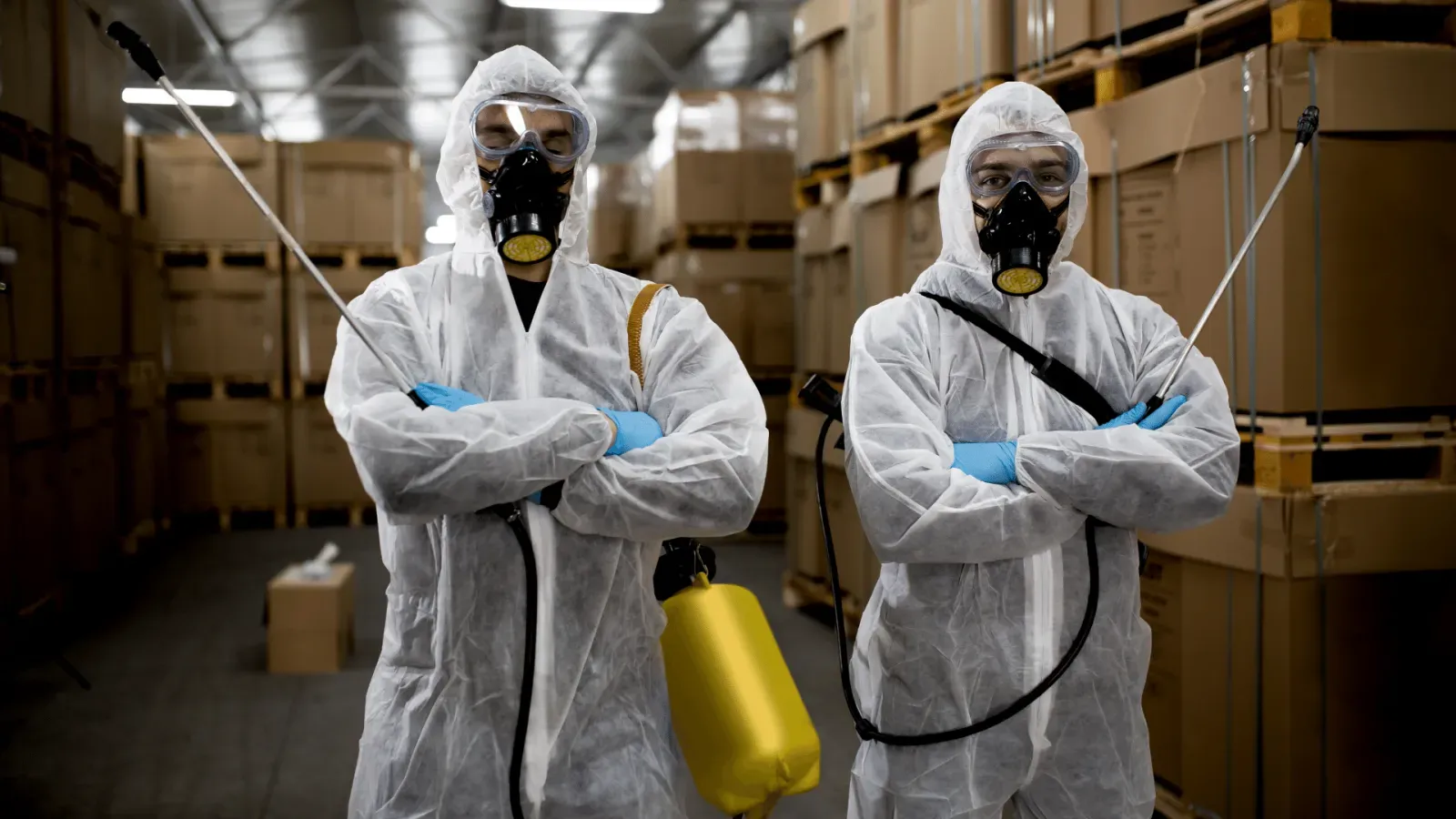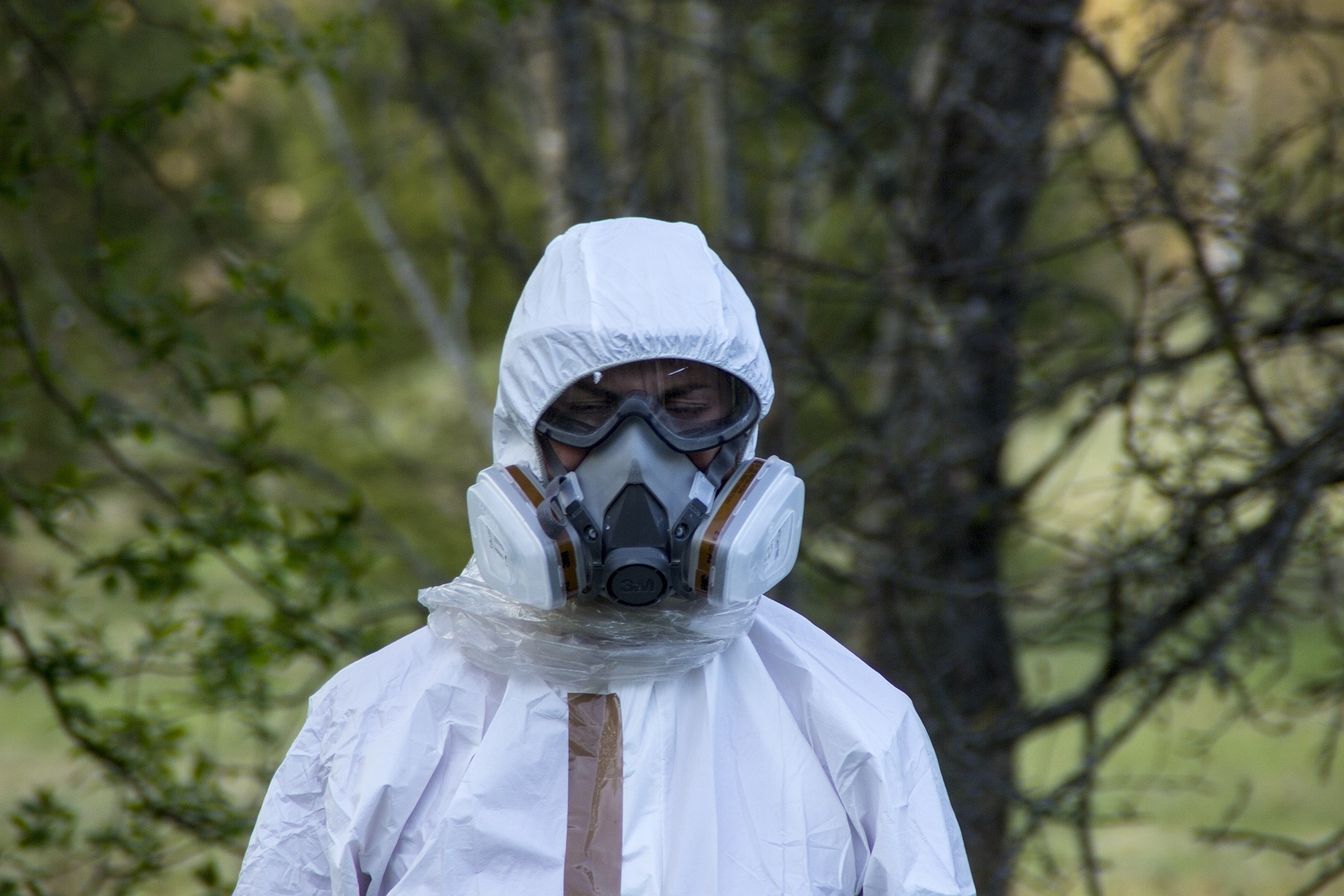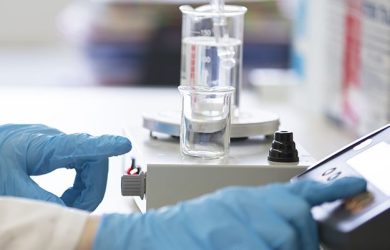What do you need to know about USP 797 & USP 800?


Safety first! The United States Pharmacopeia (USP) is constantly looking for ways to increase the safety of personnel who handle hazardous and nonhazardous drugs. Over the past few years, USP has introduced USP 800 and adjusted USP 797 to ensure the highest level of safety is being taken at in-hospital pharmacies.
The standard of practice when it comes to handling hazardous drugs and nonhazardous drugs is constantly changing. Therefore, it is important for hospitals and pharmacies to be aware of changes in safety standards because they are in the best interest of healthcare professionals, patients, and the hospital.
What is USP 797?
USP 797 has been in standard practice for more than 10 years, and these requirements are for the safety of hospital workers, infection control nurses and all professionals that work in cleanrooms and operate in hospital-based pharmacies.
USP 797 is an extension of the requirements that were put in place with USP 795. Chapter 797 provides procedures and requirements for compounding sterile preparations” (Wolters Kluwer). This includes a new requirement under USP 797 for separate areas to compound hazardous drugs and non-hazardous drugs. According to CannonDesign, “USP 797 provides standards for compounding of sterile preparations…promotes the protection of the sterility of the drug.” In other words, the updated standard lessens the risk of contamination when compounding drugs.
There are current revisions in process on USP 797, but they are not being currently enforced. At this time (August 2021) the 2008 version of USP 797 is the current standard that hospital pharmacies must follow.
What is USP 800?
USP 800 is a more recent regulation and is centered around the safety of personnel who encounter hazardous drugs inside of hospital pharmacies. According to the new regulation, healthcare professionals who handle hazardous drugs are at risk of contamination and must follow specific procedures when working inside cleanrooms.
USP 800 asserts the protective handling of hazardous drugs, “related to the receipt, storage, compounding, dispensing, administration and disposal of both sterile and non-sterile products and preparations” (Hospital Pharmacy).
In sum, USP 800 protects healthcare professionals by controlling how hazardous materials are handled and ensuring that the healthcare environment remains secure from potentially dangerous materials.
By ensuring that all steps in the drug handling process are held to higher safety standards, the risk of contamination is reduced, and patients can be more confident that their drugs have not been contaminated.
Do I have to comply with USP 797 and USP 800?
You’ve probably already guessed it, but the answer is: yes! it is important to comply to ensure the safety of pharmacists, nurses, patients, and others in the healthcare environment.
If facilities do not adjust their practices and infrastructure to meet the new USP standards, they could be at risk for lawsuits or non-compensation from insurance companies in the case of a patient incident.
What kind of changes will my organization need to make?
As your organization takes steps to comply with the updated standards, you may be presented with new challenges that affect your facility in more ways than one. Some updates will center on changing standards of practice, while others will require new engineering controls and even updates to the facility’s physical infrastructure.
For example, these changes can be taxing for healthcare personnel working at your facility. Some of the necessary changes will require new training that is time consuming, but it is necessary in terms of keeping staff and patients safe. Additionally, facility upgrades may be needed to meet ventilation and handling requirements.
Who tracks compliance?
Primary enforcement will likely come from state-level boards of pharmacy and the department of health within each state. This means that the agencies that inspect your facility for USP 797 and USP 800 compliance will likely vary depending on your location, patient community, etc.
Some federal agencies that may also survey hospital pharmacies for compliance include the Joint Commission on Accreditation of Healthcare Organizations (JCAHO) and the Food and Drug Administration (FDA). Specifically, the Joint Commission has taken a large role in enforcing USP 797 because it is centered around ensuring that everything is sterile when dealing with hazardous drugs.
What is the deadline for complying with USP 797 and USP 800?
Technically, both USP 797 and USP 800 were supposed to go into effect on Dec. 1, 2019. However, sections of 797 are currently under appeal. The good news for healthcare facilities is that parts of USP 800 are contingent upon USP 797, so 800 is currently only informational until those questions are resolved. The current requirement is to follow the 2008 version of USP 797.
That said, the American Hospital Association is encouraging all pharmacy hospitals to start preparing for these changes. Transitioning to follow these new guidelines will likely be a time-consuming and costly process, so the earlier pharmacies start, the better. At this point, it is important for hospitals to begin making the necessary changes which include training staff and (possibly) restructuring the building. For reference, we have already seen many VA healthcare facilities budgeting for infrastructure updates and working them into facility renovations to meet the new regulations.
Do I have to certify compliance with USP 797 and USP 800?
In short, yes. Pharmacies must be able to show that they’ve had their facilities tested and have certified certain engineering controls mandated under USP 797 and USP 800. Most recertifications are required every 6 to 12 months, and whenever a secondary engineering control is altered or changed within the facility.
It’s easiest to find a firm that can perform these inspections and provide proof of recertification should an audit require it. Some items that are required to be regularly certified include primary engineering controls such as, laminar air flow workbenches, biological safety cabinets and compounding isolators. Additionally, secondary engineering controls such as, anti-areas and buffer areas or cleanrooms also need to be checked regularly.
Who can help me ensure my facility is following USP 797 and USP 800 requirements?
When it comes to meeting the guidelines that are set in forth by USP 797 and USP 800, both experts from your organization and external consultants familiar with infection prevention are going to be extremely helpful. It is likely that your pharmacy may need to make structural changes to the building, and that is where companies such as AMI Environmental can help you ensure that you are making the right decisions. Receiving expert advice before making drastic changes to your building will help ensure that timelines and budgets are spent thoughtfully.
related blogs

Why Indoor Air Quality Investigations is a Necessity in These Times?

Few Important Tips to Help You Select Environmental Consulting Services!




